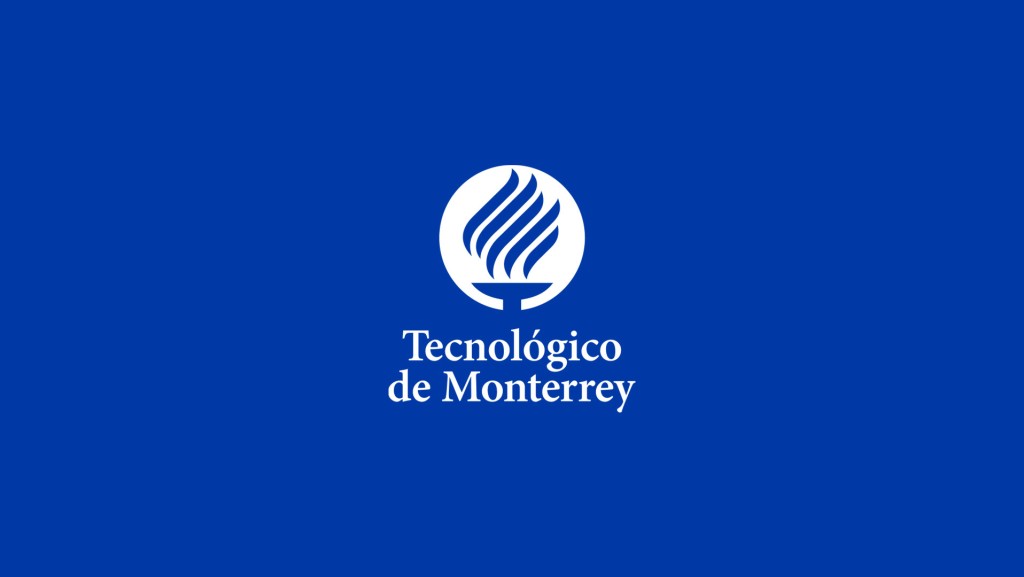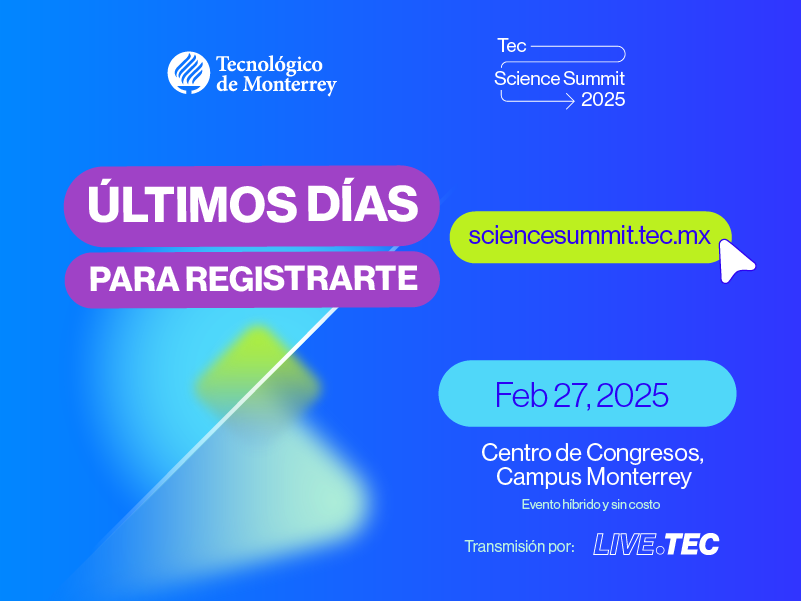Sebastián Mazzuca

Sebastián Mazzuca
Distinguished Professor
in Political Economy
School of Social Sciences and Government
School of Government and Public Transformation
Expertise
Economic development
Democracy
State capacity
Overview
Dr. Sebastián Mazzuca has worked as a professor at Harvard University, Johns Hopkins University, and the Universidad Nacional de San Martín in Argentina.
His teaching and research work focuses on the political and economic development of Latin America, particularly on four main issues that affect the quality of life of citizens in the region: flawed democracies, stagnant economic growth, high rates of social inequality, and fragile states, as evidenced by high levels of violence, among other factors.
His work has been published by the American Political Science Review, American Journal of Political Science, Comparative Politics, Hispanic American Historical Review, The Oxford Handbook of Political Science, Política y Gobierno (Mexico), and Revista de Ciencia Política (Chile), among many others. His book Latecomer State Formation (Yale University Press, 2021) was featured in The Economist and several newspapers across Latin America.
Sebastían Mazzuca co-authored the article “Political Conflict and Power Sharing in the Origins of Modern Colombia” with Nobel Prize-winning economist James A. Robinson.
Mazzuca has earned multiple awards, such as the Best Article Award from the American Political Science Association in 2015 and the Teaching Excellence Award from Harvard University in 2010 and 2012. He has been a Fellow of the Harvard Academy for International and Area Studies since 2007.
Sebastián Mazzuca joined Tecnológico de Monterrey as a Distinguished Professor in Political Economy for the School of Social Sciences and Government and for the School of Government and Public Transformation.
Education and Training
- Ph.D., Political Science, University of California, Berkeley
- M.A., Economics, University of California, Berkeley
- B.A., Political Science, Universidad de Buenos Aires (summa cum laude)
Publications
- Dal Bó, E., Hernández-Lagos, P., & Mazzuca, S. (2022). The Paradox of Civilization: Preinstitutional Sources of Security and Prosperity. American Political Science Review, 116(1), 213–230.
- Mazzuca, S. (2022). Nineteenth-century state formation and long-term economic performance in Latin America. In D. Collier & G. Munck (Eds.), Critical junctures and historical legacies: Insights and methods for comparative social science, Rowman & Littlefield Publishers, 209-222.
- Mazzuca, S. L., & Munck, G. L. (2021). A Middle-Quality Institutional Trap: Democracy and State Capacity in Latin America. Cambridge: Cambridge University Press.
- Mazzuca, S. (2021). Latecomer state formation: Political geography and capacity failure in Latin America. Yale University Press.
- Mazzuca, S. (2017). States, regimes, and other structures of rule. APSA Comparative Democratization Newsletter, 15(1), 6–31.






